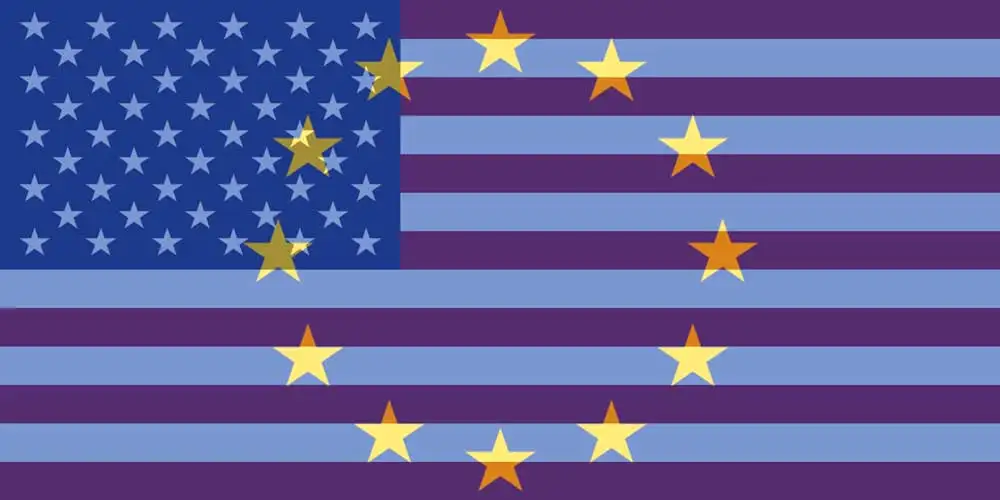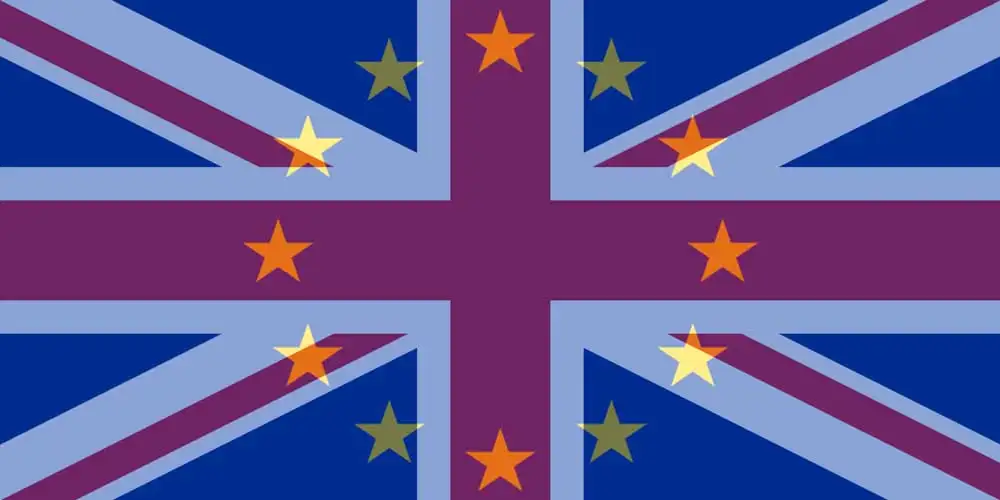How much does it really cost to live, work, or travel in ? Here's what to expect for daily expenses and expat living.
Travel Guide to the European Union (ISO Code: EU)
For travelers planning a one-week mid-range stay in the European Union, it's advisable to budget around €900 to €1,200, which provides a comfortable range for exploring culture, dining, and accommodation. While expenses can vary widely depending on the specific country within the EU, you can expect typical daily expenses to be around:
- 🍽️ Meal at a local restaurant: €15-€25
- 🚍 Public transport fare: €1.50-€3
- 📱 Prepaid SIM card: €15-€30
- 🏨 Budget hotel or Airbnb: €60-€120 per night
In general, the EU can be considered an average to slightly expensive destination for visitors. Compared to the United States, travelers might find prices for dining and transportation in major cities like Paris or Berlin to be similar, although entertainment and attractions can be pricier. When stacked against the UK, one might notice that costs in London tend to be higher, particularly in accommodation and dining, whereas some Eastern European countries could offer better value for money.
Expat Guide to Living in the European Union
For expats moving to the EU, the typical monthly living costs can vary significantly based on location but generally range from €1,500 to €2,500. Major cities like Berlin or Barcelona might push the higher end of this range, while smaller towns can be more budget-friendly. Essential costs include rent, utilities, groceries, and transportation, all of which should be considered when planning a financial budget.
When it comes to banking and managing money, cashless transactions are widely accepted, and it's advisable to use a credit or debit card with no foreign transaction fees for convenience. While local exchanges are viable, opting for online transfer services like Wise or OFX can offer better rates and lower fees for sending/receiving money internationally, ensuring you retain more value from your funds. Always keep an eye on conversions to euro (EUR), as using the local currency often yields the best rates when settling bills.


